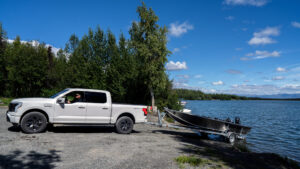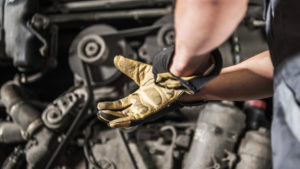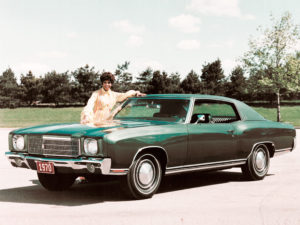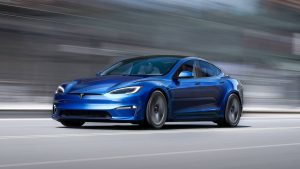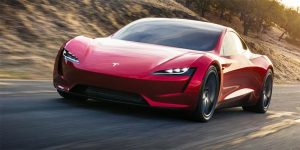Just down the road from the historic home of the Volkswagen brand, Volkswagen Group is building its first electric car battery recycling plant. The Salzgitter, Germany facility is a step toward the company’s goal of end-to-end responsibility for the value chain of the electric vehicle battery.
Electric batteries are made up of various components including lithium, nickel, manganese, and cobalt. All of those materials are mined from the earth, often using child labor. Volkswagen is aiming to recover those minerals and metals and put them together in a closed loop with aluminum, copper and plastics, achieving a recycling rate of more than 90 percent over the long term.
During the recycling process, various metals and minerals are harvested and can be made into valuable “black powder”.Photo courtesy of Volkswagen AG
In addition to those matierals, the recycling process yields valuable “black powder”, which contains the important raw materials for batteries such as lithium, nickel, manganese, and cobalt, as well as graphite. The separation and processing of these individual substances by hydrometallurgical processes—using water and chemical agents—is carried out by specialized partners.
The facility is unique in that it will only be able to recycle batteries and won’t be used for other purposes. Large volumes of battery returns are not expected until the late 2020s, at the earliest. The plant has been designed to recycle up to 3,600 battery systems per year at first, the equivalent of more than 1,600 tons of waste. Scaling up is possible as the need arises.
According to a release, here’s how the process works.
- Before the battery is recycled, an analysis determines whether the battery is still powerful enough to be given a second life in mobile energy storage systems such as the flexible rapid charging station or the mobile charging robot.
- The recycling process begins with the systems being delivered, deep discharged, and dismantled.
- Individual parts are ground into granules in the shredder and then dried.
This is the first battery recycled at the plant as part of a pilot program.Photo courtesy of Volkswagen AG
“Essential components of old battery cells can be used to produce new cathode material,” explains Mark Möller, Head of the Business Unit Technical Development & E-Mobility. “From research, we know that recycled battery raw materials are just as efficient as new ones. In the future, we intend to support our battery cell production with the material we recover.
Given that the demand for batteries and the corresponding raw materials will increase drastically, we can put every gram of recycled material to good use.”



